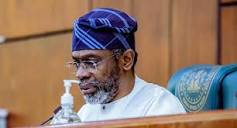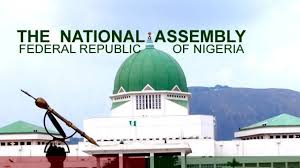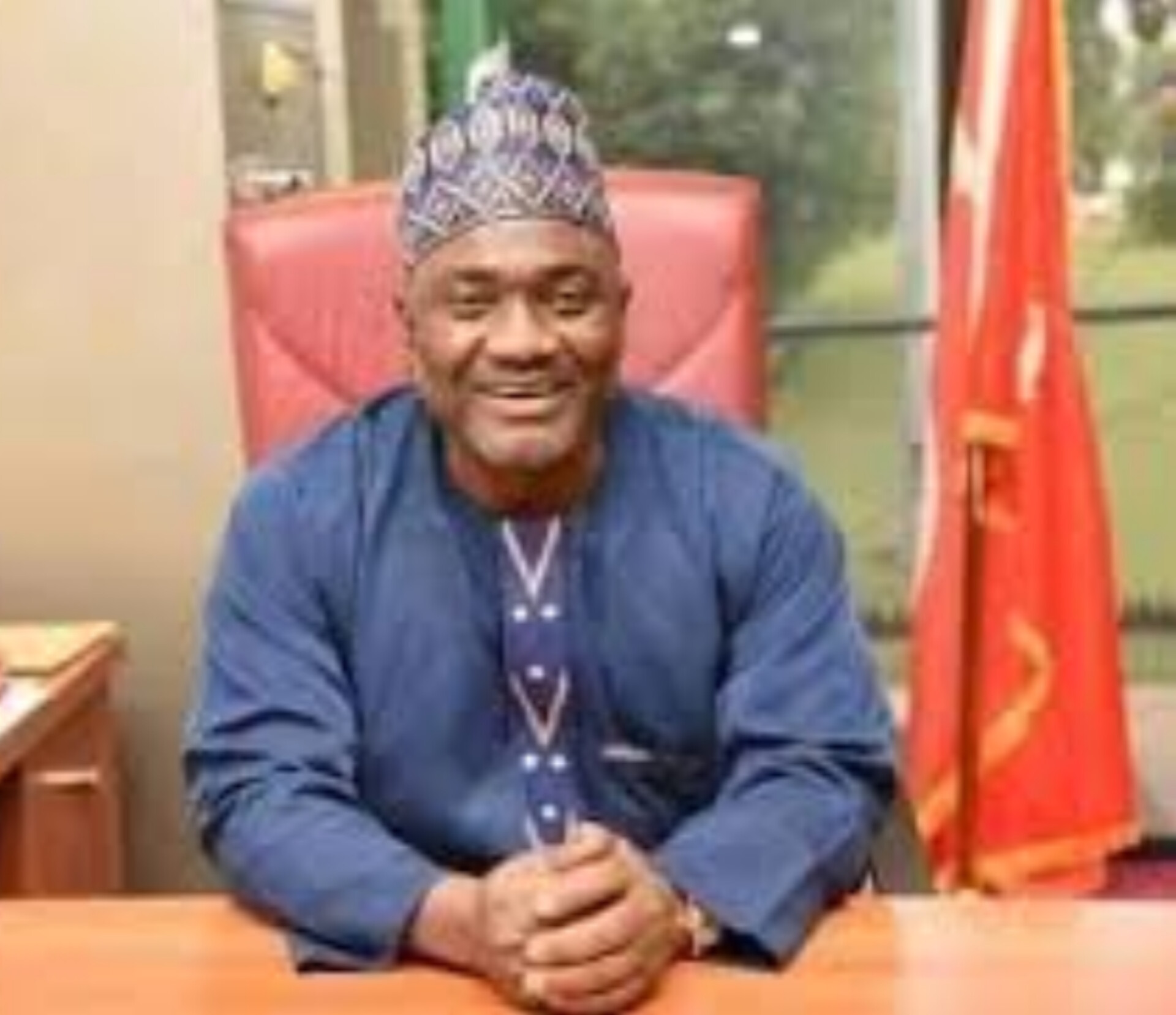Speaker of the House of the Representatives, Femi Gbajabiamila has invited the Minister of Labour and productivity Chris Ngige, Secretary to the Government of the Federation, Head of Civil service of the Federation, Accountant General of the Federation, Director General, salaries, income and wages commission, Director General Budget Office among others have to appear before the House Reps next week Thursday over the ASUU/FG face off.
The Speaker made the disclosure on Thursday at the resumed fact finding meeting on strike embarked upon by ASUU.
In continuation of the efforts to find solutions to the lingering strike by the Academic Staff Union of Universities (ASUU), the Speaker of the House of Representatives alongside his deputy Rep. Ahmed Idris Wase and other leaders of the House on Thursday met with the Head of Service of the Federation (HoS), Mrs Folashade Yemi-Esan, the chairman of the National Salaries, Incomes and Wages Commission, Mr. Ekpo Nta, among other government officials.

The meeting was a follow up to an earlier one the Speaker held with ASUU officials on Tuesday, where issues relating to the strike were discussed.
The outcome of Tuesday’s meeting led the House leadership to invite the Head of Service, the National Information Technology Development Agency (NITDA), Salaries, Incomes and Wages Commission, the Accountant General of the Federation, among others.
At Thursday’s meeting, NITDA told the House leadership that the Integrated Payroll Personnel Information System (IPPIS), the University Transparency Accountability Solution (UTAS) and the University Peculiar Personnel and Payroll System (U3PS) failed its integrity tests regarding the university payroll, which the agency conducted between March and JUNE this year.
A NITDA official at the meeting told the House leadership that the government directed the agency to test UTAS in October, 2020, and that the platform failed the two integrity tests conducted on it.
He said following the first test, ASUU was asked to go back and review, which it did. Yet, the platform did not meet NITDA’s requirements the second time.
For the third time, NITDA was then asked to conduct tests on UTAS, IPPIS and U3PS, which the official said all the three platforms failed its requirements regarding the payroll system of universities.
Not satisfied with the explanation, Speaker Gbajabiamila asked if NITDA advised the government to take action on the lapses found on IPPIS, which has been in operation by government since 2011. But the NITDA official said they were not in a position to do that.
Gbajabiamila also asked if NITDA queried IPPIS platform, to which the official responded in the negative.
The Deputy Speaker Wase also expressed reservations at NITDA’s action, saying it ought to have advised government on the appropriate action to take in view of its discovery on IPPIS.
However, the Head of Service, in her explanation, said the ministry of communications and digital economy wrote her office following NITDA’s observations about IPPIS on the need to take a holistic look at the platform and that a committee was empaneled to carry out the assignment.
She also noted that IPPIS is not just a payment platform but that it also has a human resource component, which all government agencies have been directed to activate, noting that all those directly under her purview have since complied.
Also, the chairman of the National Salaries, Incomes and Wages Commission, Mr Nta, told the House leadership that in view of the general agitation in the tertiary education sector, the agency advised the government to look at the possibility of increasing the salaries of the staff in the entire sector, comprising universities, polytechnics and colleges of education.
He said, however, that at the end of the day, the government decided to increase the salaries of lecturers in the universities by a certain percentage, while professors were considered for higher percentage.
He said he was not aware of any agreement between the Federal Government and ASUU for salary increment.
Also speaking at the meeting, the acting Accountant General of the Federation, Mr. Sylva Okolieaboh, said under no circumstance should employees dictate to their employers how they should be paid, faulting ASUU’s insistence on UTAS.
After hours of deliberations, the Speaker suggested that a further follow-up meeting with ASUU officials be held on Thursday next week, which the stakeholders subscribed to. The meeting was, therefore, adjourned to Thursday next week.




